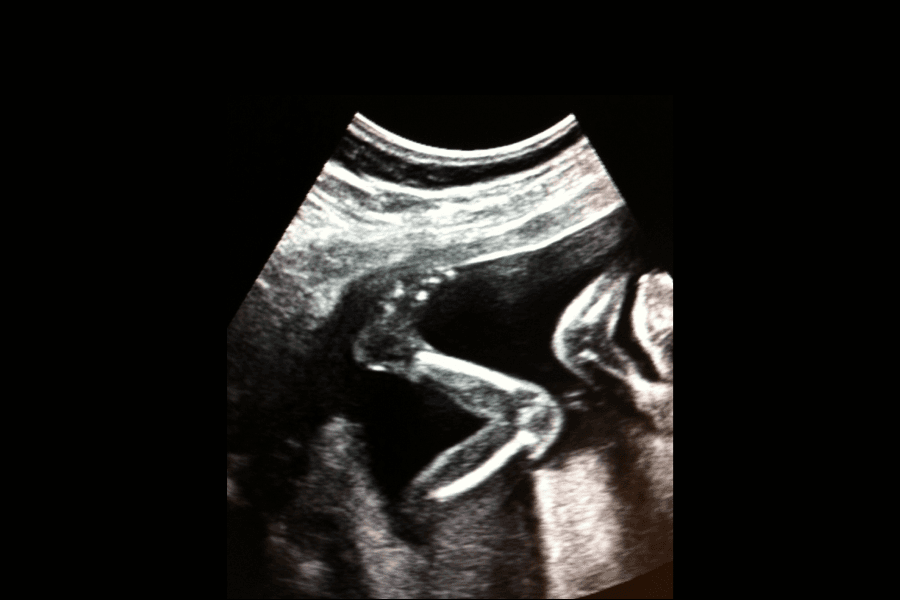Towards the end of the pregnancy, you can often feel that the baby has periods of wakefulness, and not infrequently these correspond to how the baby will be awake or asleep after birth. During pregnancy, waking periods are characterized by a lot of movement and often these waking periods occur in the afternoon or evening. There is no evidence that the baby moves less at the end of the pregnancy, but the experience of the movements may feel different compared to before. Many people describe movements at the end of pregnancy as more sweeping or pressing, almost like twists.
Remember that there is no definition of how much a baby should move, but it is your perception and feeling of how the baby moves that determines whether you should seek care or not. It is always an individual assessment. The baby should continue to move as you are used to, perhaps with a little less space but as often and as strong as before. If you feel anxious or experience reduced fetal movements, you should contact the clinic you plan to give birth at, at any time of the day. Do not hesitate to seek care if you experience anxiety.
Sources:
- Akselsson A, Lindgren H, Georgsson S, Pettersson K, Steineck G, Skokic V, Rådestad I. Mindfetalness to increase women's awareness of fetal movements and pregnancy outcomes: a cluster-randomised controlled trial including 39 865 women. BJOG. 2020 Jun;127(7):829-837. doi: 10.1111/1471-0528.16104. Epub 2020 Feb 8. PMID: 31971325.
- Kaplan, A. (red.) (2009). Lärobok för barnmorskor. (3., omarb. uppl.) Lund: Studentlitteratur.
- Myles, M.F., Marshall, J.E. & Raynor, M.D. (red.) (2014). Myles textbook for midwives. (16th edition). Edinburgh: Elsevier.
